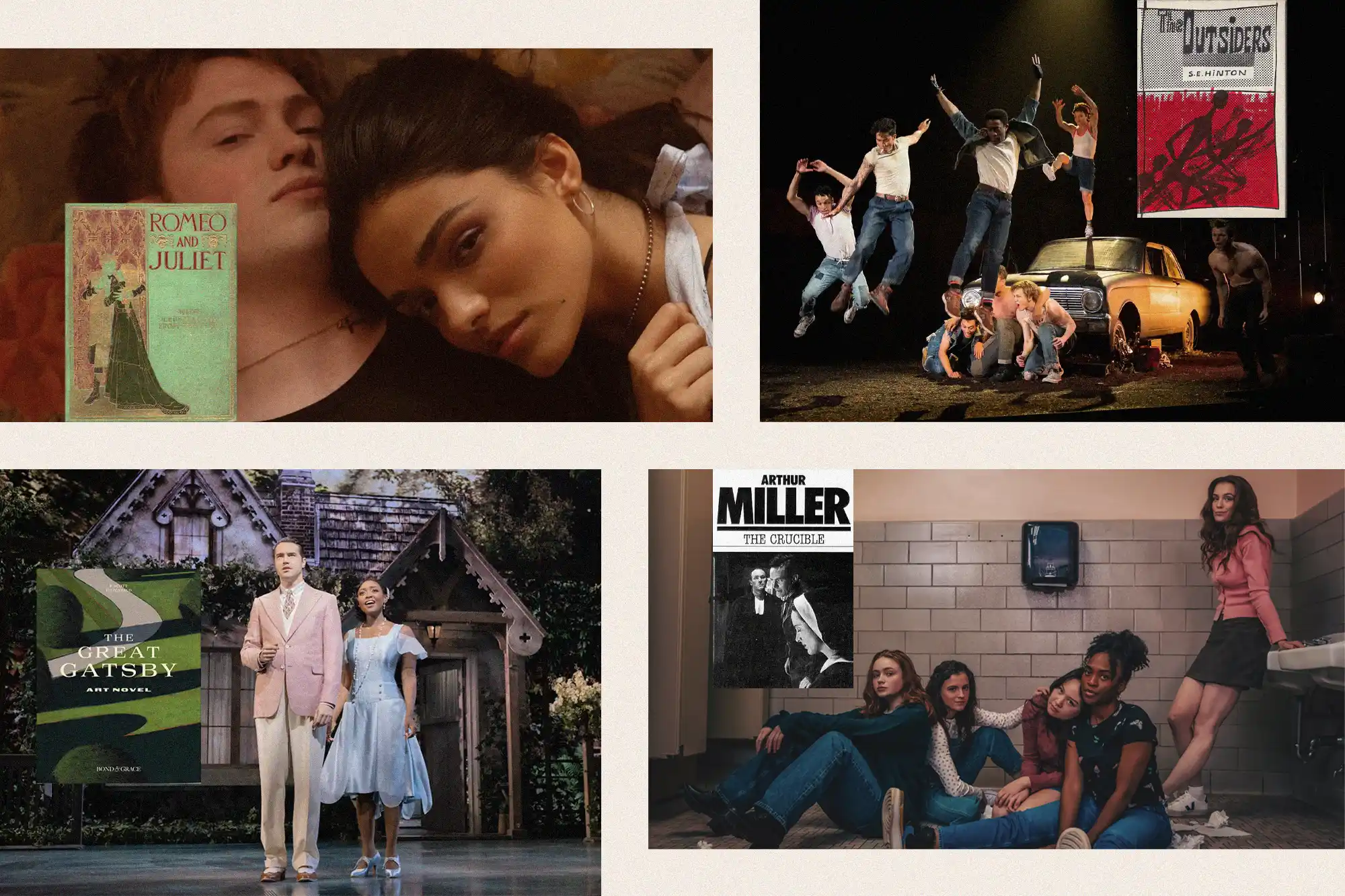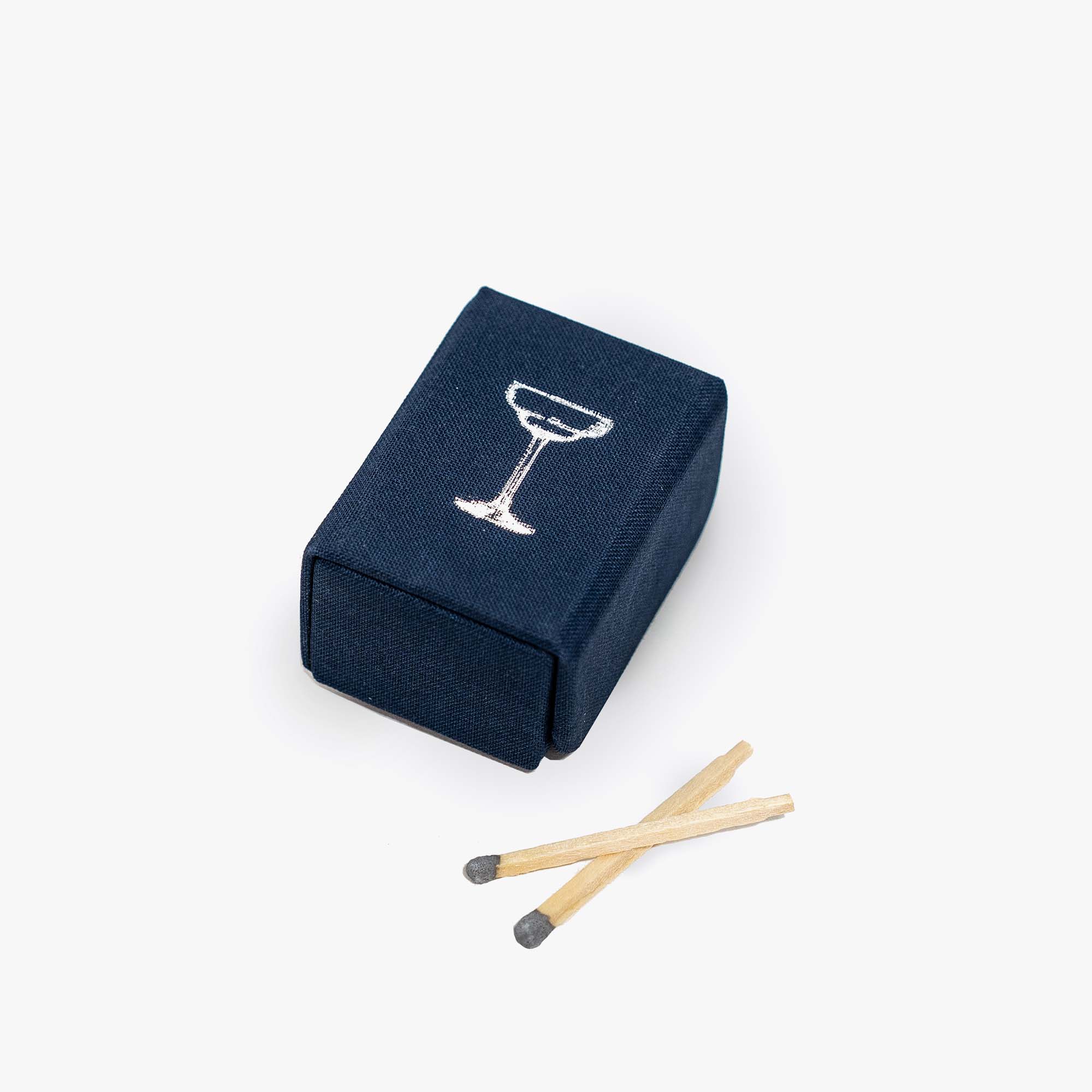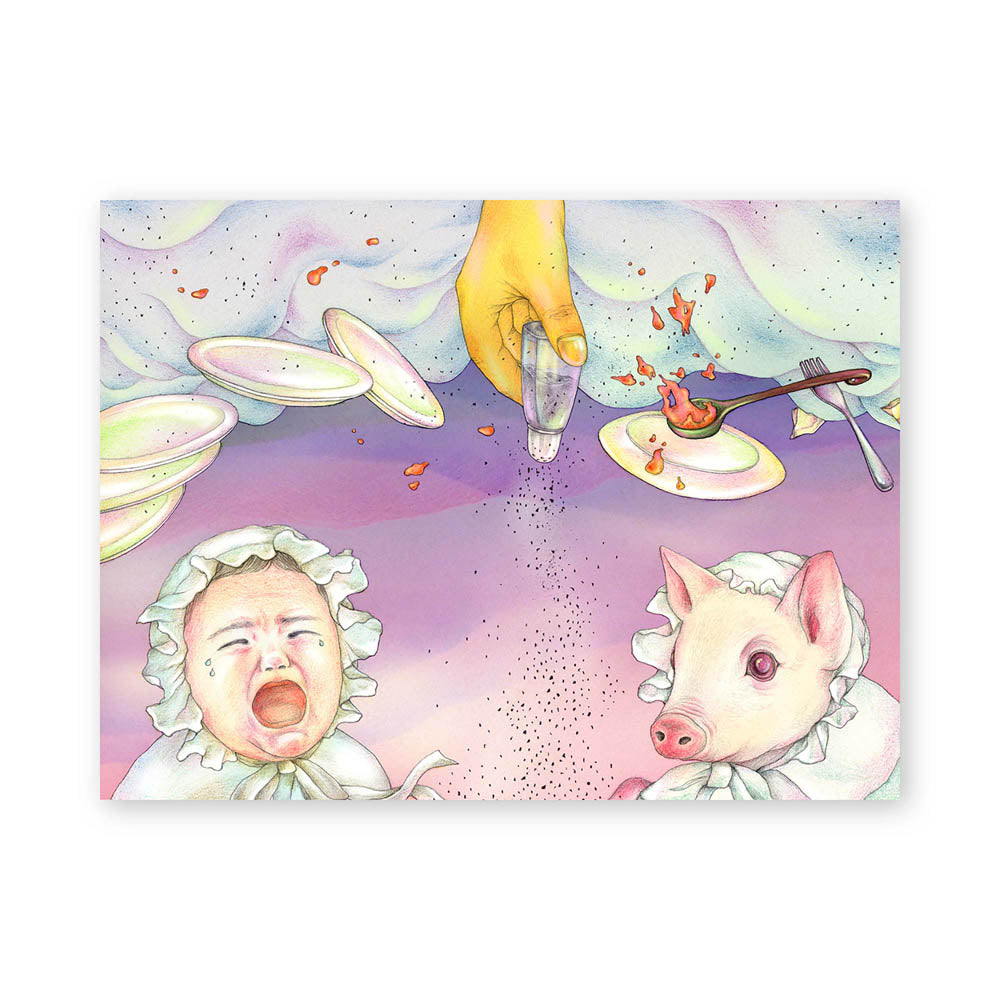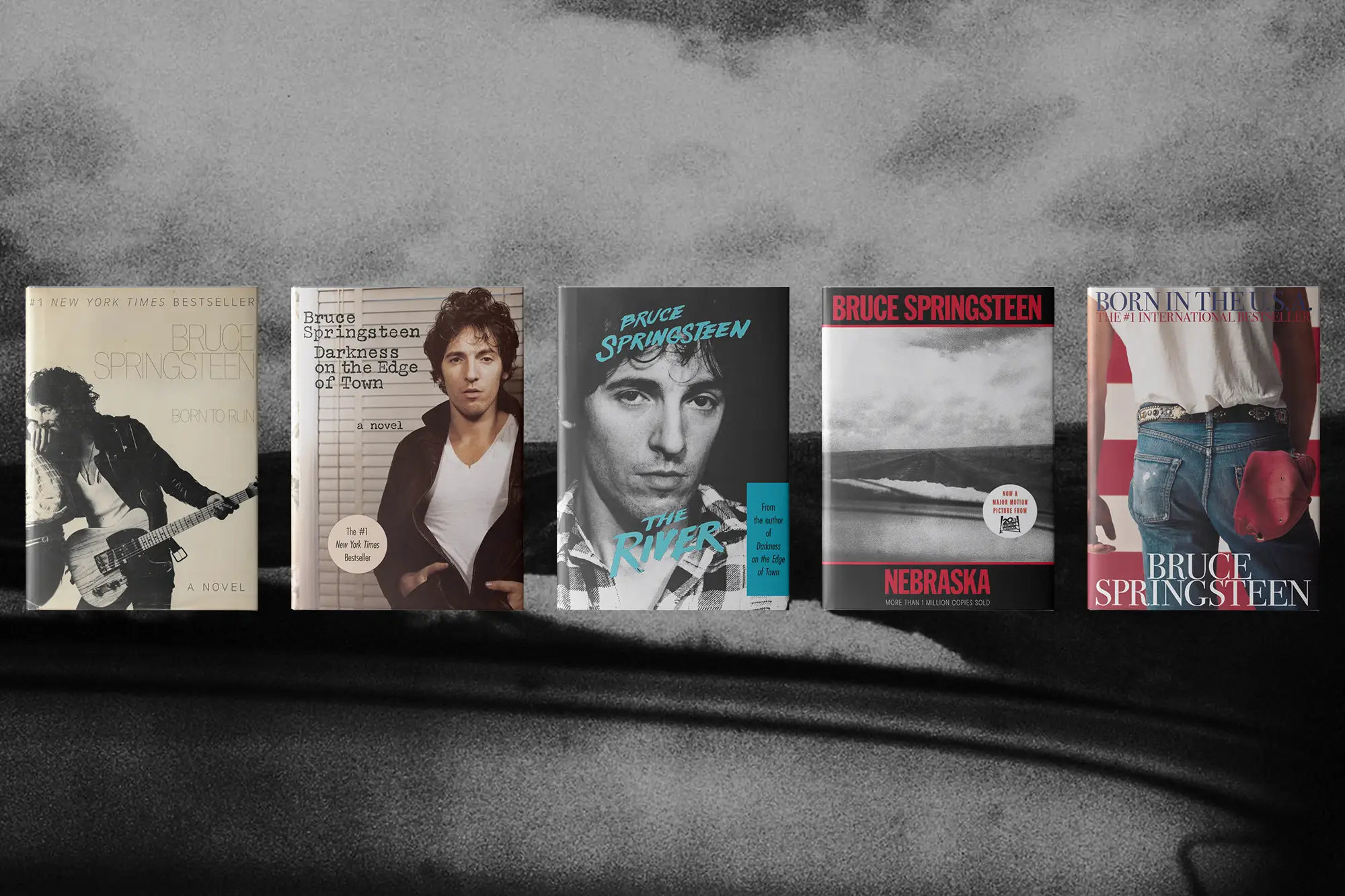Over the past few seasons, several of Broadway’s newest hits have been based on literary greats. Just last year, Broadway debuted musical versions of The Great Gatsby, The Outsiders, and The Notebook. John Proctor is the Villain became an unlikely hit play. Generating significant buzz, these adaptations make it clear that the resurgence of reading isn’t just hitting the big and small screen.
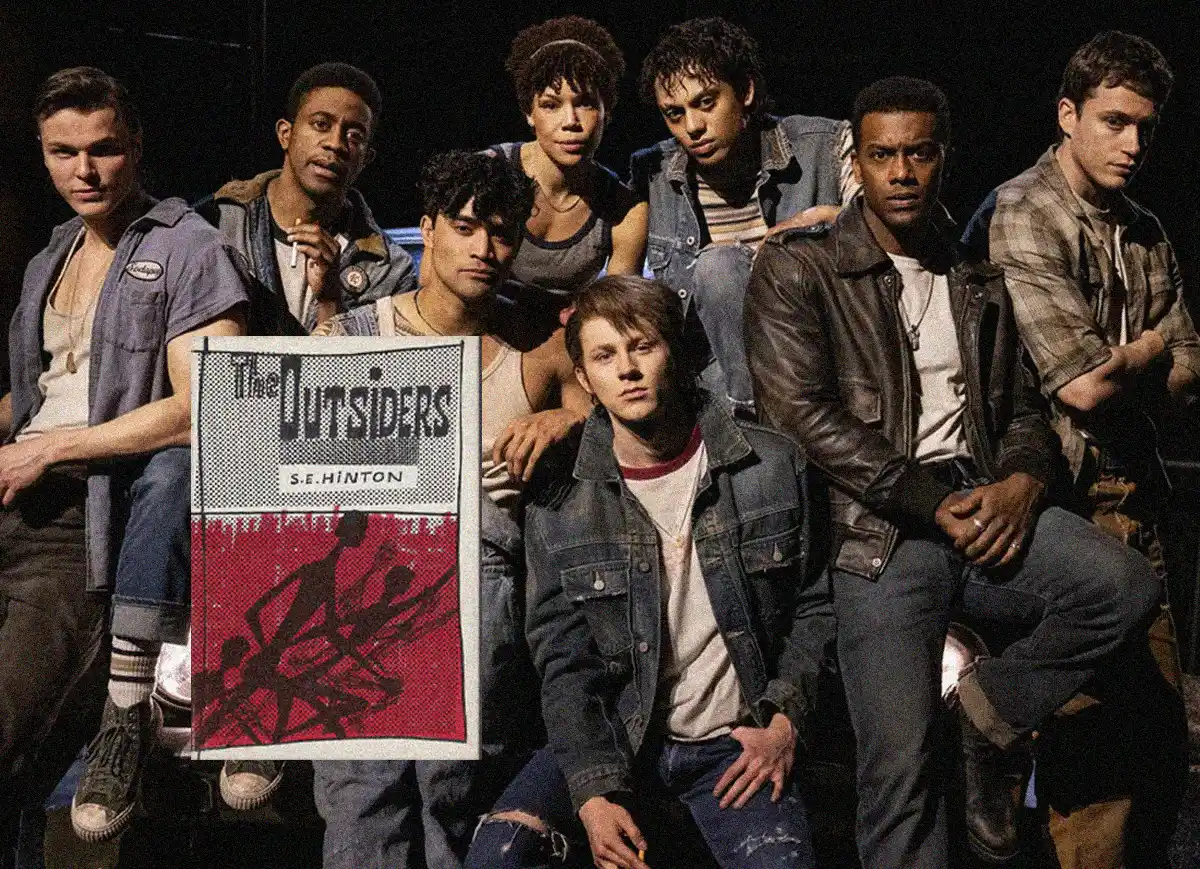
To Adapt or Interpret?
Adapting books into musicals has a long and significant history on Broadway and beyond, but the best recipe for a buzz-worthy adaptation remains up for debate. Whether or not to stay faithful to the source material is the first big question any playwright must face. The Outsiders won the Tony Award for Best Musical after becoming a classroom staple and a hit film—and one has to wonder if the play’s loyalty to the novel by S. E. Hinton played a role. The plot structure and costume design closely mirror the original, with tweaks only made to accommodate an original Americana score by Jamestown Revival and the constraints of a theatrical set. The Notebook, with music by Ingrid Michaelson, followed a similar path from page and screen to stage, bringing Nicholas Sparks’ iconic rain scene to life eight times a week. It cast three Allies and three Noahs—one for each age they are in the story—to better demonstrate the passage of time throughout the show.
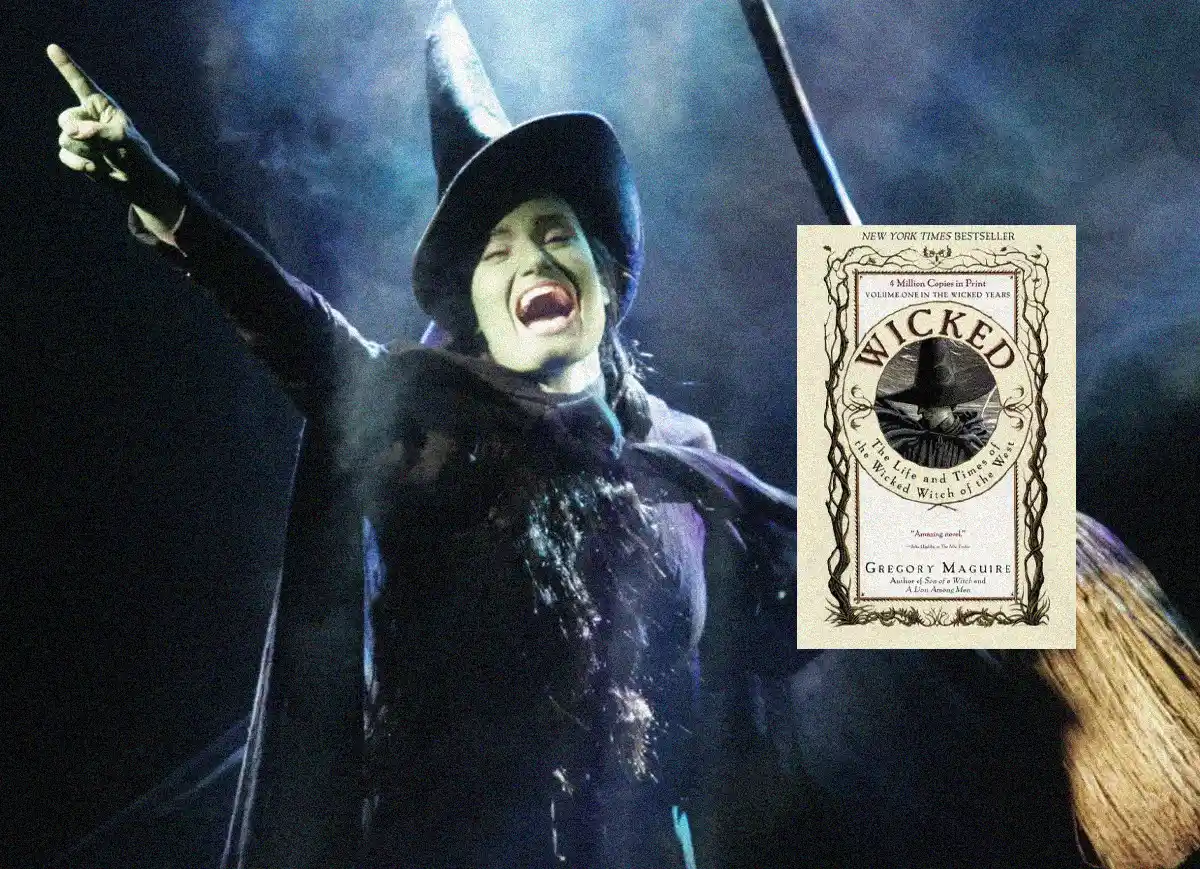
But not all productions are so true in their vision. Wicked took great creative liberties from the Gregory Maguire novel to become the musical sensation it is today, and its popular film adaptation starring Cynthia Erivo and Ariana Grande was based more closely on the musical than the original novel. Most literary stage adaptations see box office success, but Wicked and The Outsiders consistently earn some of the highest weekly grosses and break box office records—which begs the question: are audiences drawn to faithful retellings or the cultural myths that surround them?
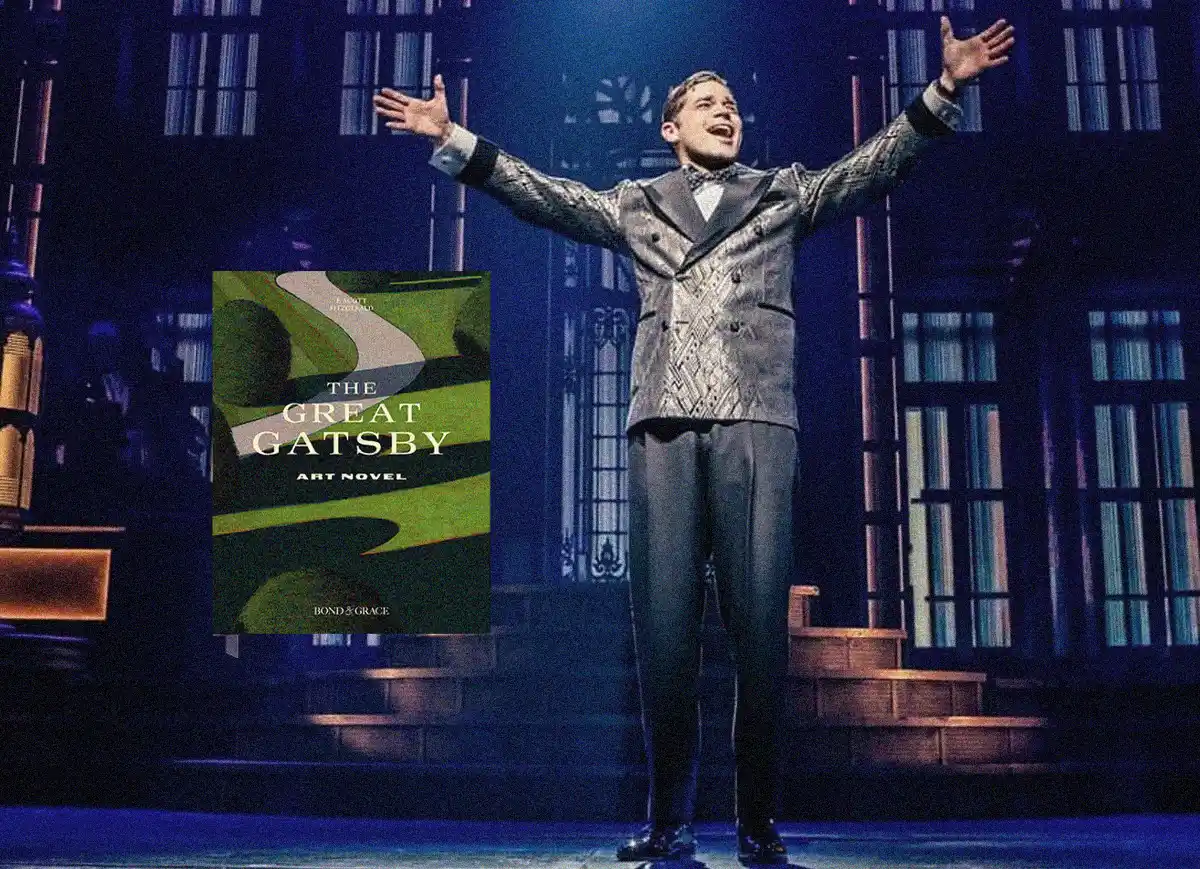
A Tale of Two Interpretations
Some classics still capture public imagination and spark debate over interpretation, even centuries after publication. Celebrating its 100-year anniversary this year, The Great Gatsby has been the center of theater industry discussion for the past few years, with competing musicals racing to production simultaneously. Despite originating from the same source material, The Great Gatsby and Gatsby: An American Myth are very different takes. With music and lyrics by Jason Howland and Nathan Tysen, and a book by Kait Kerrigan, The Great Gatsby highlights the glitz and glamour of the Roaring Twenties with larger-than-life sets, pyrotechnics, elaborate costumes, and flashy dance numbers. Gatsby: An American Myth, however, with music by Thomas Bartlett and Florence Welch and a book by Martyna Majok, takes a much darker look at the story, focusing more on the critique of the lavish twenties and the agony of aspiration as an outsider. This discrepancy highlights the richness of literary interpretation, raising how universal themes like found family, desire, and power can resonate differently with each audience member.

Gatsby isn’t the only story with dueling productions, though. Hitting Broadway in 2022, & Juliet references the eponymous heroine of Shakespeare’s play and features the music of pop legend Max Martin, asking the question: What would happen if Juliet didn’t die and instead began her own path of self-discovery? Conversely, Romeo + Juliet, which debuted last year, relied on the original script while reimagining the delivery to appeal to a Gen Z audience, with teddy bears, a live DJ, Doc Martens, rave scenes, and original Jack Antonoff songs performed by Rachel Zegler. With nearly polar opposite tones, both interpretations have succeeded in drawing new, and often young, audiences into a work that could be brushed off as antiquated or irrelevant, making a strong case for the importance of a good page-to-stage adaptation in any form.
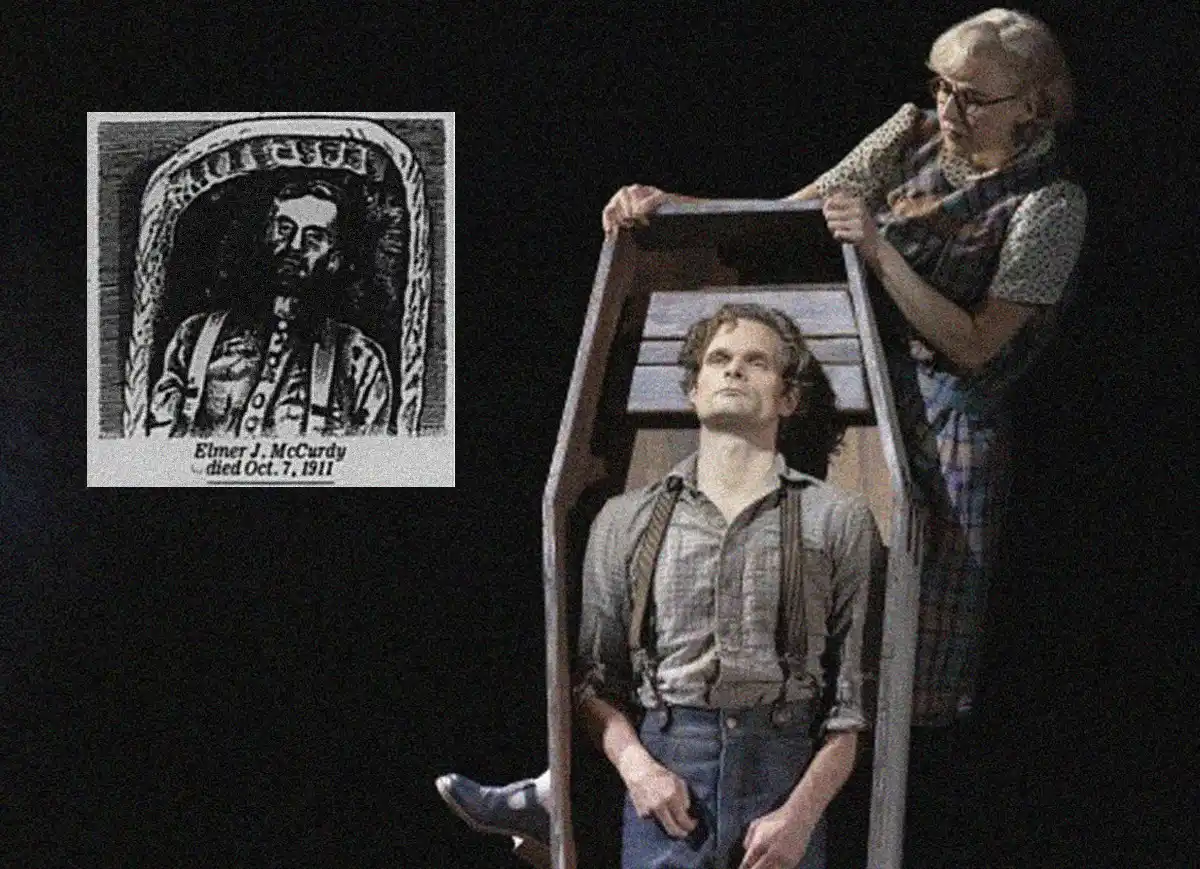
From Stage to Page
Beyond drawing huge crowds to the theater district, the rising swell of book-to-Broadway adaptations has also brought audiences back to the page. Dead Outlaw opened on Broadway at the end of the 2025 season, transferring from an off-Broadway production at the Minetta Lane Theater in 2024. The David Yazbek and Erik Della Penna original musical tells the unbelievable story of outlaw-turned-corpse-turned-celebrity Elmer McCurdy. Much like the source material plot, the dark musical comedy finds new meaning in its post-mortem legacy. The show was produced by Audible, which recorded a live performance and released it to its platform as an audiobook. While cast albums and the rare professional video recording have sustained fan bases for decades, this is the first of its kind media release. Many fans of the musical began reading deeper into the true story, following their fascination with the show, which begs the question: Could theatrical productions be another source of growing readership?
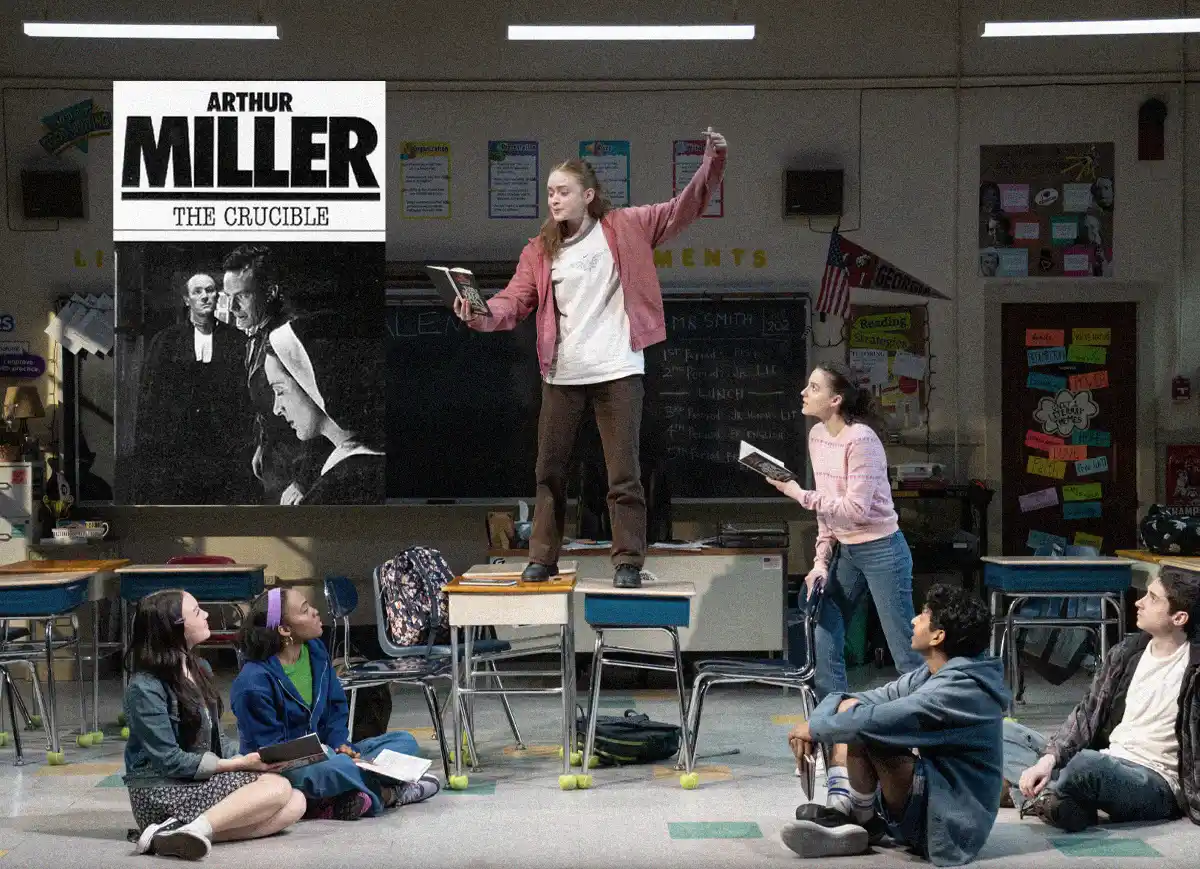
One unlikely hit show may have the answer: John Proctor is the Villain. Written by Kimberly Bellflower, the play takes place in a one-stoplight town in rural Georgia and follows a group of high schoolers as they read The Crucible and navigate the growing Me Too movement. The show was heralded for making literary criticism trendy, with dozens of five-star audience reviews citing how the show’s new examination of its source material made them want to revisit other classics through a new lens. We’ve already seen the rise of BookTok make reading mainstream once again, but it is still rare to see the classics on our For You pages. Droves of Gen Z women re-reading The Crucible is a surprising but positive sign mirroring “thought daughter energy” toward a resurgence of intellectualism and a steadier cultural regard for the literary canon.
The Shared Future of Theatre and Literature
Theater and literature have always been closely intertwined, with some of Broadway’s biggest classics, including Phantom of the Opera and Les Misérables, originating as novels. Modern literary adaptations have already begun, with Harry Potter and the Cursed Child debuting multiple international iterations. In an era where screen-to-stage adaptations, jukebox musicals, and biographical musicals are becoming more and more prominent, literary adaptations continue to cement themselves as a foundation in the theatre industry. As these two mediums continue to intersect, the question isn't whether literature will make it to the stage, but how new iterations on Broadway will change the way we read them.



